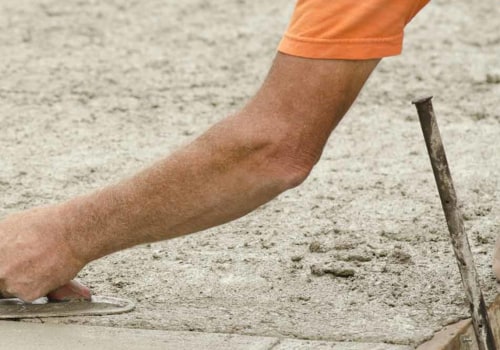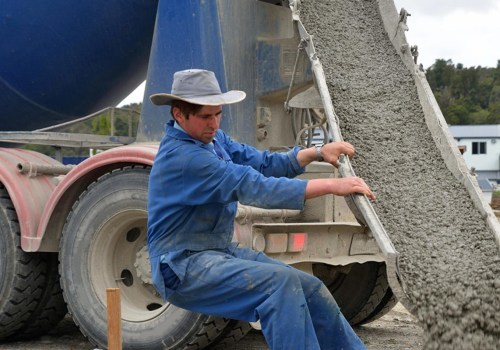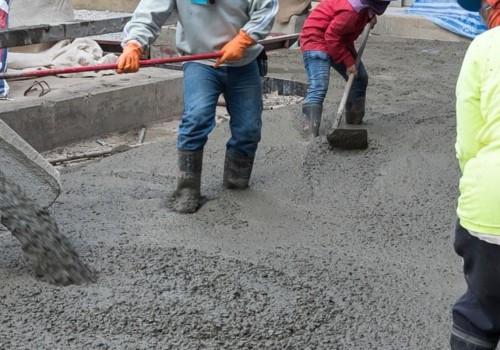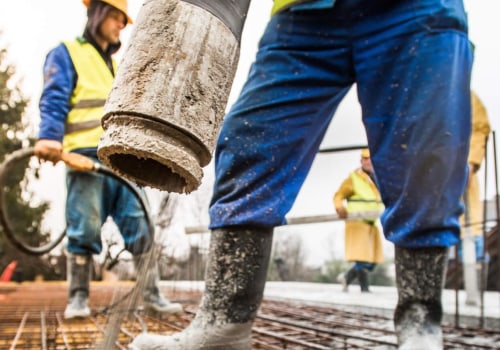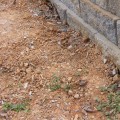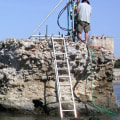Civil engineers should take the time to study concrete technology in order to effectively assess risks during concrete specification, production, and placement. Concrete is the most widely used building material on earth, and it is essential for any construction project. This special issue aims to provide up-to-date research contributions related to advanced concrete technologies and their structural use in civil engineering applications. We invite you to submit in-depth review articles and original research on topics relevant to this special issue.
Students should view the course as an exciting game of concrete technology rather than a boring class. The application of the method requires a concrete laboratory with ample space, which may not be available in existing buildings. Therefore, hands-on experience on the site is an important requirement for anyone teaching concrete technology. Research has been conducted to demonstrate the benefits of these advanced concrete technologies when applied at a structural or infrastructural scale.
The physical properties of concrete are often discussed in terms of permeation, which is the movement of aggressive agents in and out of concrete. As such, concrete technology teaching should result in graduates who can make informed decisions on specific construction projects. The method involves 3D animations and a virtual tour of reinforced concrete construction details. Concrete is formed through a series of chemical reactions called hydration, which cause the paste to harden and gain strength to form the rock mass known as concrete.
Students must test materials and mixtures according to international standards and using new techniques, such as non-destructive testing of concrete. In developing countries, this problem can be difficult due to the lack of technological references and specific high-quality textbooks in the student's native language. The second part is based on mathematical formulas and calculations such as aggregate sieve analysis, concrete mix design, etc. To prove this assumption, students attending the concrete technology course at Hashemite University were asked to complete a special questionnaire. Concrete is an essential building material that plays a very important role in constructing modern infrastructures that stand the test of time. design, etc. To prove this assumption, students attending the concrete technology course at Hashemite University were asked to complete a special questionnaire. Concrete is an essential building material that plays a very important role in constructing modern infrastructures that stand the test of time.
During service, the quality of the initial curing can be improved by subsequent wetting, such as in the case of foundations or water-retaining structures. With the increasing demand for higher-performing, resilient, sustainable, and intelligent infrastructures, several advanced concrete technologies have been invented, researched, and implemented at a structural scale.
